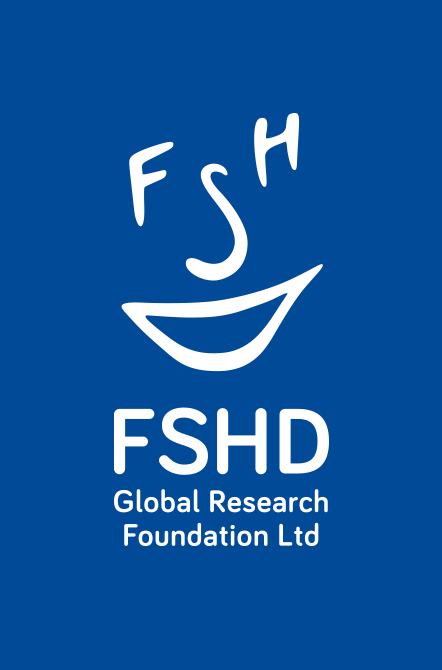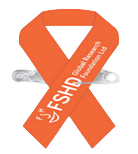GRANT 3
Research Institution: Radboud University, Netherlands
Principle Investigator: Prof Dr Baziel GM van Engelen
Type: International
Project title: “Biomarkers in FSHD, a metabolome study in blood, urine and muscle”
Status: Completed
Summary
In a collaboration between the departments of Neurology, Psychology, Radiology and Rehabilitation Medicine of the Radboud University Nijmegen Medical Centre, The Netherlands 50 FSHD patients were enrolled in a randomized controlled trial comparing the effect of home-based cycle ergometer training, cognitive behavioral therapy, and usual care. Blood and multiple urine samples of each of the 50 patients were sampled for metabolomic analysis to find biomarkers for disease progression and at a better understanding of the pathobiology underlying FSHD. In addition, 30 patients were clinically well characterized and had MR imaging (MRI) as well as MR spectroscopy (MRS) of the upper leg muscles before (n=13), or before and after (n=17) training, cognitive therapy, or waiting list. MR showed the highly variable nature of FSHD between patients, between muscles in patients, and also within muscles.
Main findings were: muscles are binairy affected (normal or fatty infiltrated with only a few muscles that were intermediately affected), in intermediate affected muscles fatty infiltration increases linearly in the distal direction (towards the knee), disease progression is fastest in intermediate affected muscles (significant changes occur already within 4 months), fatty infiltration inversely correlates with muscle strength, and PCr/ATP decreases as function of fatty infiltration. In conclusion, T2 MR muscle imaging seems to be a promising biomarker in FSHD.




